Dentist-Approved Hacks for Preventing Tooth Loss as You Age
A radiant smile is more than just a pretty picture; it's a vibrant reflection of your vitality and overall health. As we gracefully navigate the years, preserving that confident gleam becomes paramount, not just for aesthetics but for crucial well-being. Far from being an inevitable consequence of aging, tooth loss is a battle you can absolutely win, armed with the right knowledge and proactive strategies. This article delves into 11 ingenious, dentist-backed hacks that go beyond basic brushing, offering precise, actionable tips to keep your smile bright, your gums resilient, and your teeth firmly intact. Get ready to discover the secrets to a lifetime of strong, healthy teeth, empowering you to age gracefully with unwavering confidence.
1. Strategic Dental Check-Ups: Beyond Just Cleaning
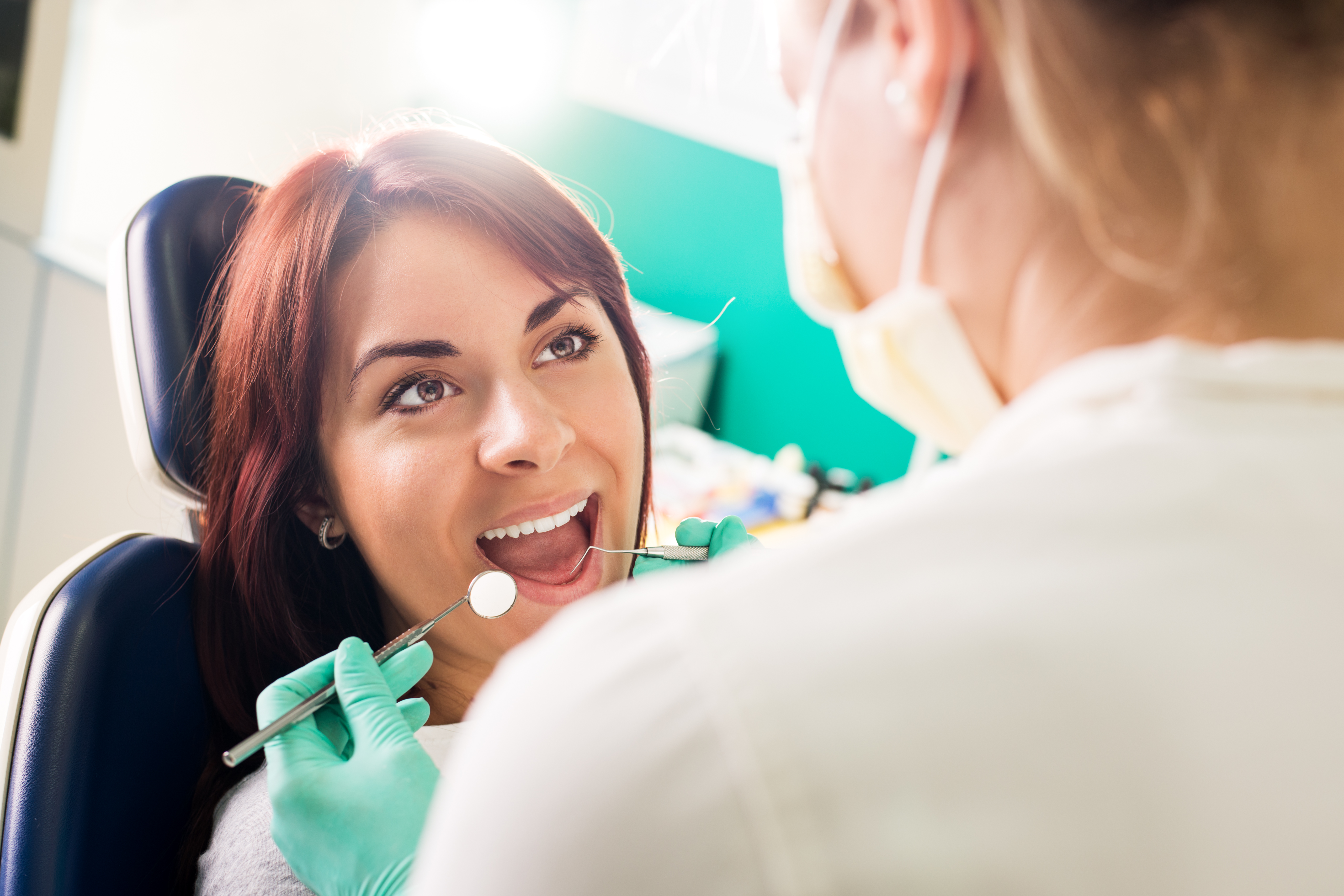
Regular dental check-ups are the bedrock of lifelong oral health, especially as you age. Beyond routine cleanings, your dentist performs crucial screenings for subtle changes in gum tissue, early signs of root decay (more common with receding gums), and even oral cancer. These bi-annual visits allow for the precise detection of issues like periodontal disease progression and failing restorations, which are more easily managed when identified promptly. Professional cleanings meticulously remove hardened plaque and tartar from below the gum line, safeguarding your teeth against the leading causes of tooth loss.
2. Targeted Nutrition: Beyond Just Calcium & Vitamin D

While calcium and Vitamin D are fundamental, specific nutrients offer a more nuanced approach to preventing tooth loss. Vitamin K2 guides calcium to your teeth and bones, preventing arterial calcification. Magnesium supports bone density and gum health. Vitamin C is crucial for collagen formation, strengthening gums against inflammation. Incorporate fermented foods for K2, leafy greens for magnesium, and vibrant berries for Vitamin C. This synergistic dietary strategy actively nourishes the complex ecosystem of your mouth, protecting against decay and gum recession from the inside out.
3. Precision Brushing: The Micro-Motion Method
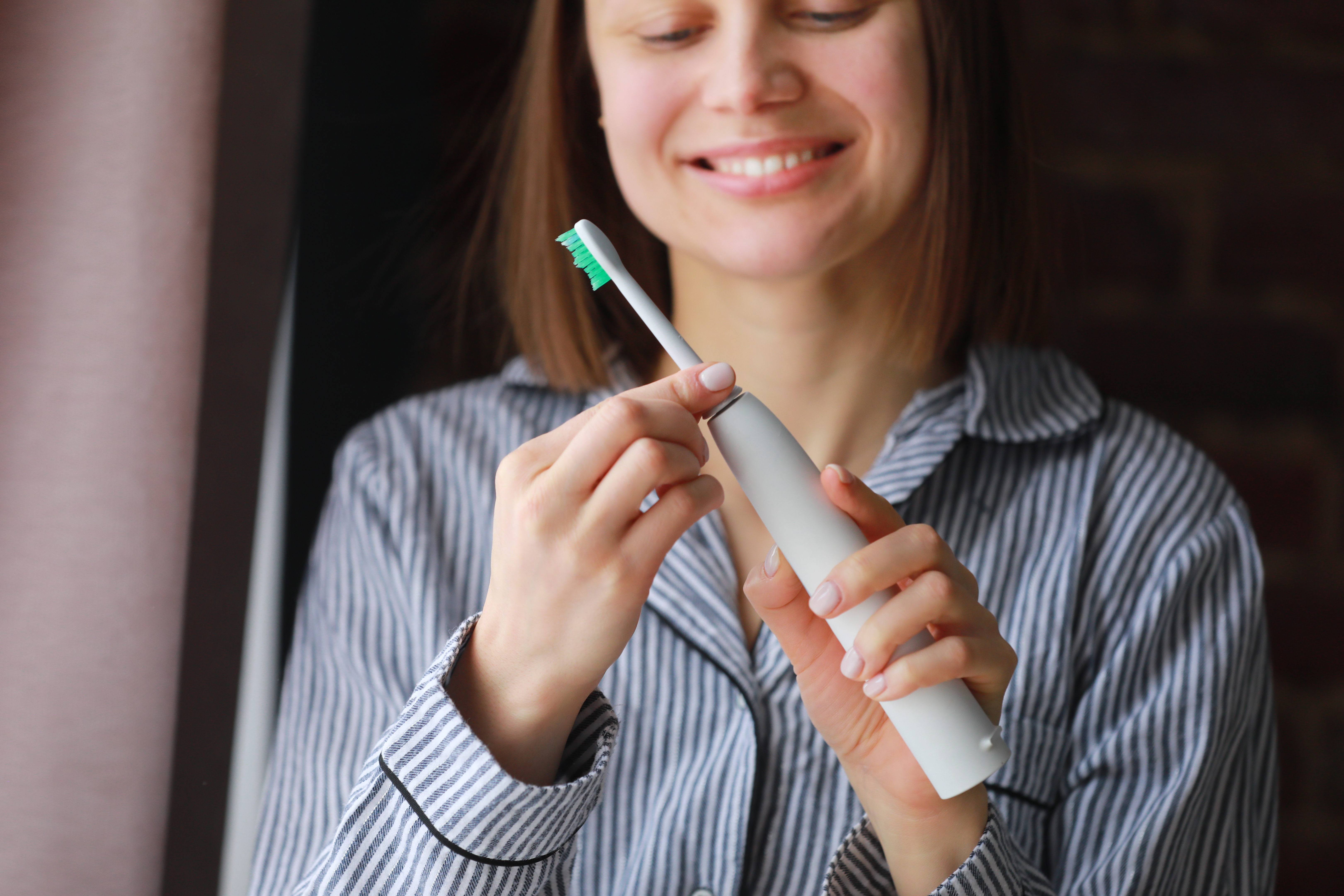
Mastering brushing isn't about scrubbing hard, especially as gums recede. Dentists advocate for the modified Bass technique: position a soft-bristled toothbrush at a 45-degree angle to the gum line. Use gentle, short, circular micro-motions, focusing on two teeth at a time, allowing bristles to reach just beneath the gum. Spend at least two minutes, covering all tooth surfaces. This precise method effectively dislodges plaque and bacteria from the critical gum margin without causing recession or abrasive wear, preserving precious enamel and gum tissue as you age.
4. Interdental Cleaning: Beyond Just Floss
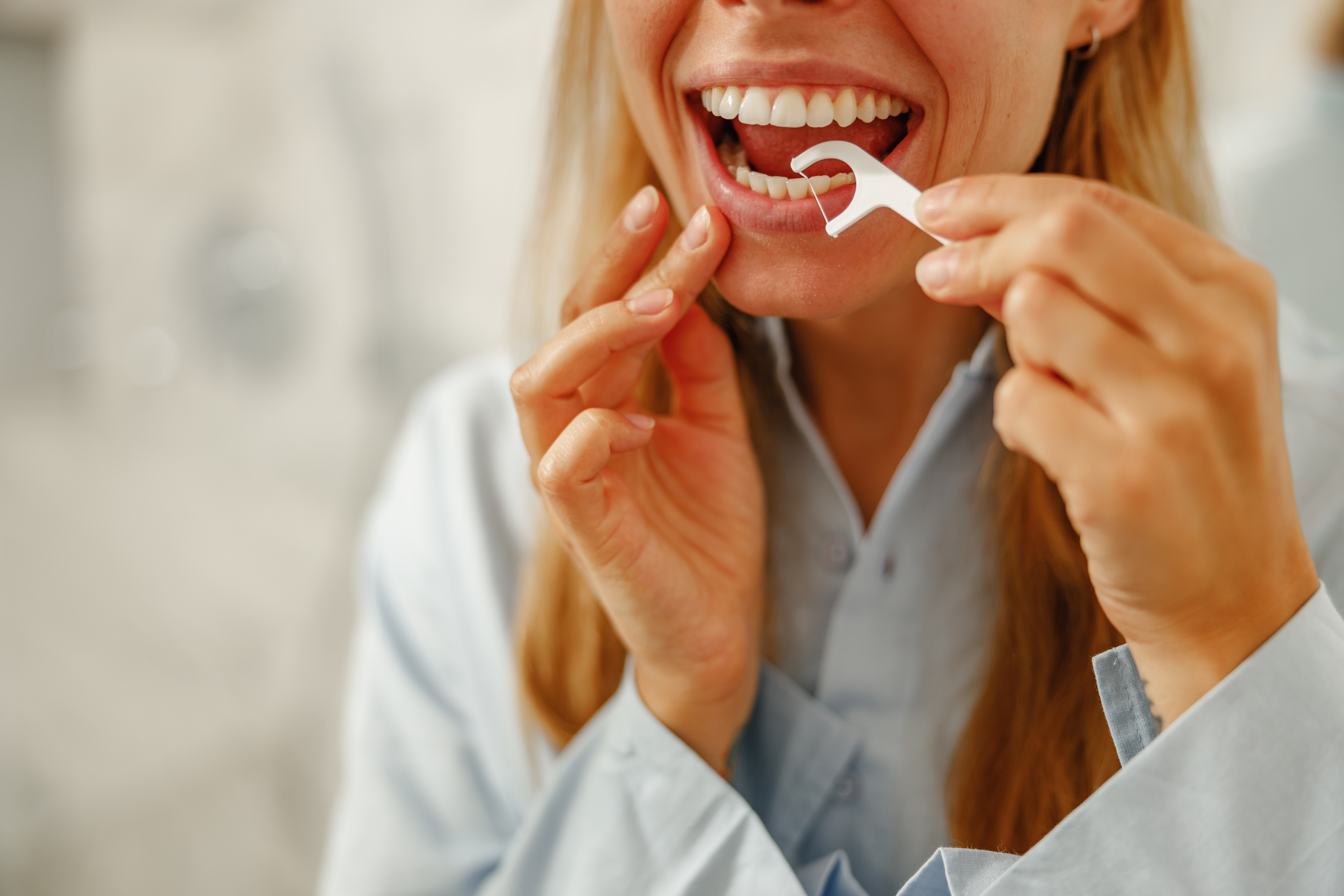
Flossing is non-negotiable, but true interdental mastery goes further. As gaps between teeth widen with age, or if you have braces/implants, traditional floss might not suffice. Incorporate interdental brushes, water flossers (oral irrigators), or floss picks alongside string floss. These tools effectively remove plaque and food particles from tight spaces and below the gum line where toothbrushes can't reach. Consistent daily interdental cleaning is your strongest defense against gum disease and interproximal cavities, the silent culprits behind many adult tooth losses.
5. Strategic Snacking: Neutralize Acid Attacks

Every time you consume sugary or acidic foods, your tooth enamel is under attack. As enamel naturally thins with age, this vulnerability increases. Beyond limiting these foods, practice strategic snacking. If you indulge, follow immediately with a swish of water or, ideally, chew sugar-free gum containing xylitol, which stimulates saliva and neutralizes acids. Pair acidic fruits with a neutral food like cheese. This mindful approach minimizes enamel erosion and cavity formation, preserving tooth structure.
6. pH Balancing Rinses: Supporting Saliva's Power
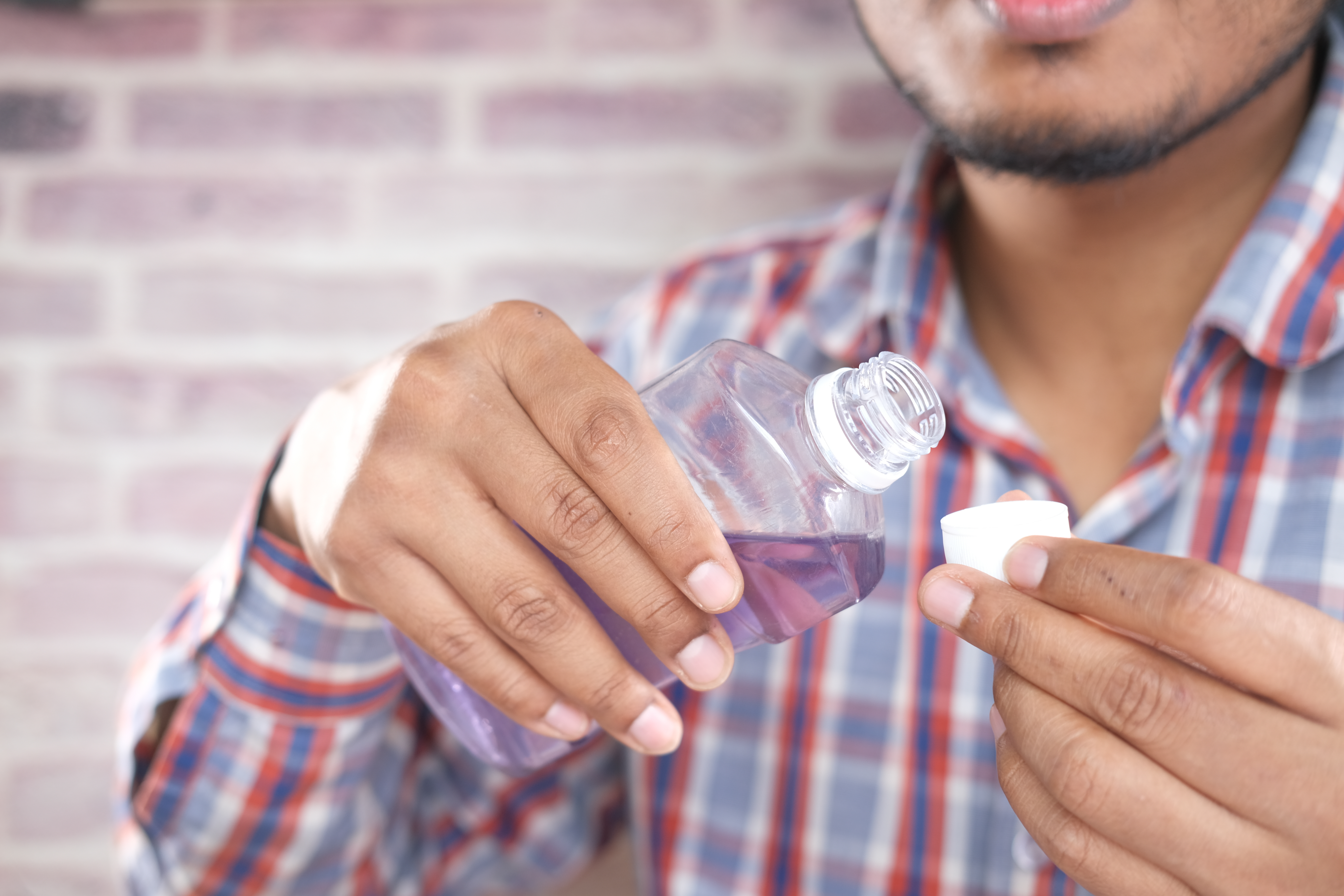
Saliva is your mouth's first line of defense, neutralizing acids and washing away food particles. As we age, medication or certain health conditions can reduce saliva flow, leading to dry mouth (xerostomia), a major risk for decay and gum disease. Beyond consistent hydration, consider using pH-balancing or fluoride-containing mouth rinses recommended by your dentist. These support saliva's natural protective functions, helping to remineralize enamel and maintain an oral environment less hospitable to harmful bacteria and acid attacks.
7. Tobacco Cessation & Alcohol Moderation: Beyond the Obvious Damage

The detrimental effects of tobacco and excessive alcohol go beyond obvious discoloration. Smoking severely constricts blood vessels in the gums, depriving them of oxygen and nutrients, masking gum disease, and accelerating bone loss. Alcohol dries out the mouth, reducing saliva's protective effects. As the body's repair mechanisms naturally slow with age, the damage from these substances becomes more pronounced and harder to reverse, drastically increasing risks for gum disease, root decay, and oral cancers. Prioritizing cessation is paramount.
8. Custom Night Guards for Bruxism: Protecting Against Unconscious Damage
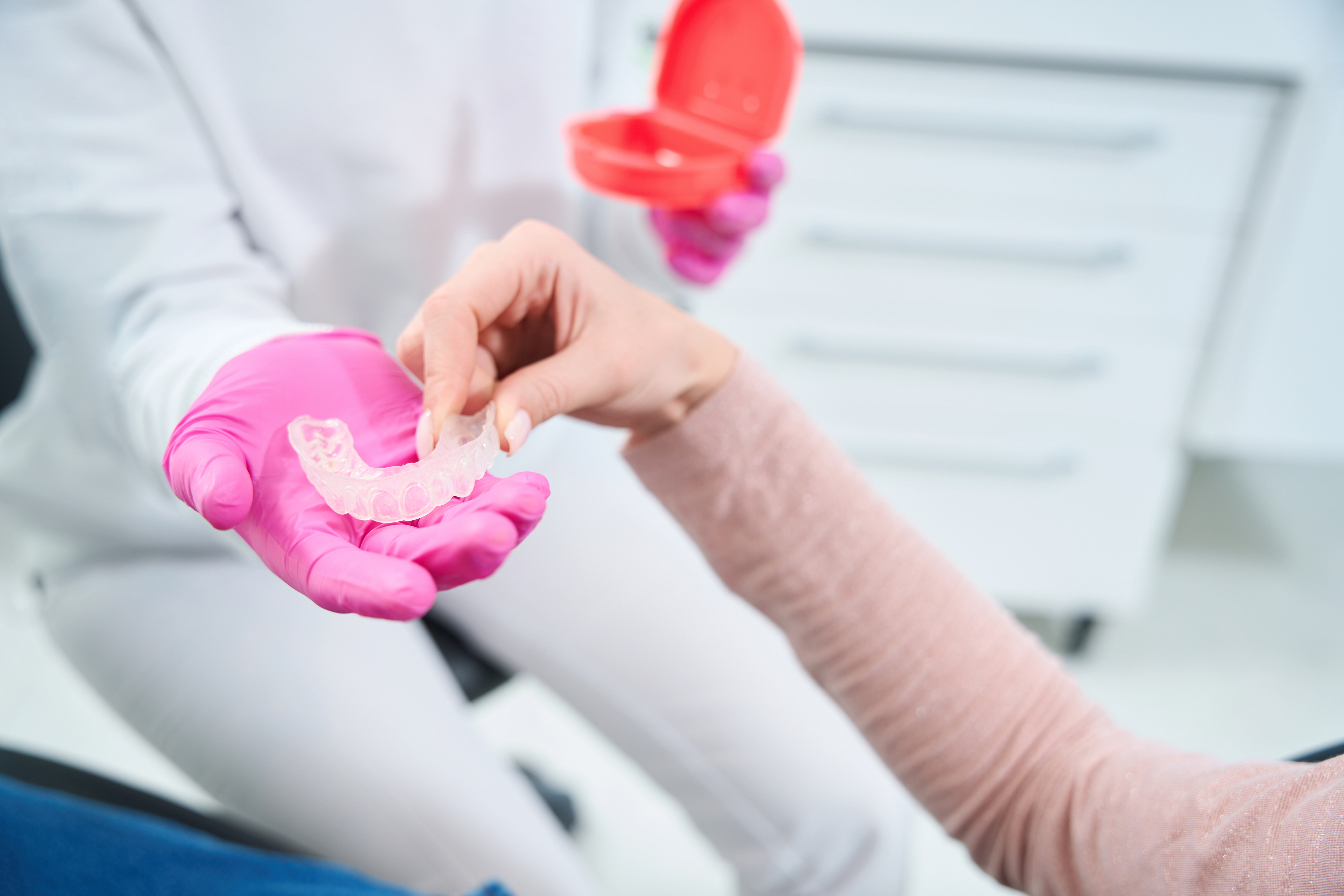
Bruxism, or chronic teeth grinding and clenching (often unconscious during sleep), is a silent destroyer of teeth, especially as we age. It causes excessive tooth wear, cracks, chips, and can even loosen teeth or damage jaw joints. A custom-fitted night guard from your dentist provides a precise, comfortable barrier, absorbing the forces of grinding. This proactive measure preserves enamel, protects existing restorations, and prevents future tooth loss by mitigating destructive nocturnal habits, safeguarding your bite for decades.
9. Managing Systemic Health: The Oral-Systemic Connection
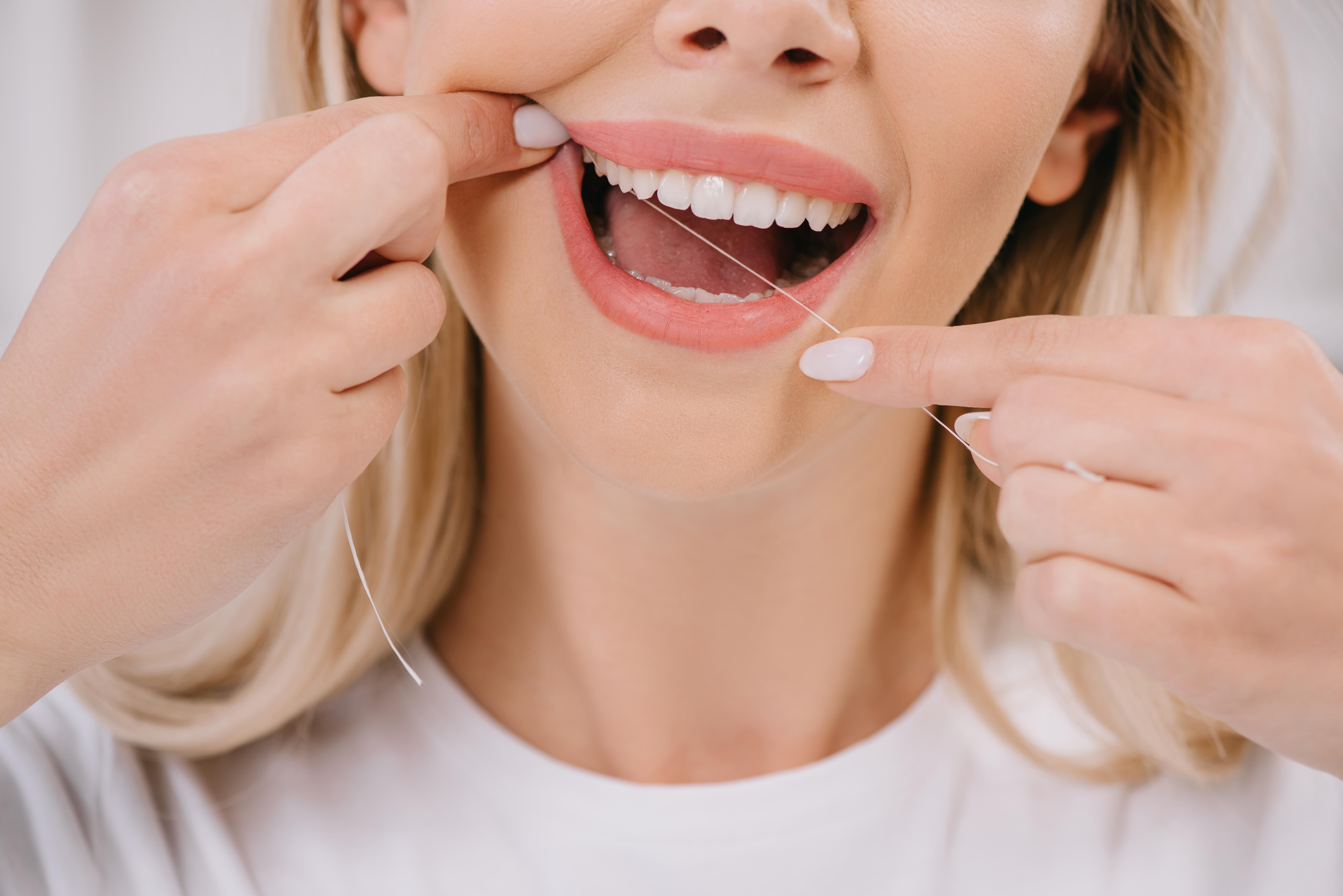
Your mouth is a window to your overall health. Uncontrolled chronic conditions like diabetes (increases risk of gum disease), osteoporosis (impacts jawbone density), and heart disease (inflammation link) significantly influence oral health. Managing these conditions effectively with your medical doctor is a direct strategy for preventing tooth loss. Regular communication between your dentist and physician ensures a holistic approach, where treatments for systemic health proactively protect your teeth and gums from related complications.
10. Oral Cancer Screenings: Vigilance for Early Detection
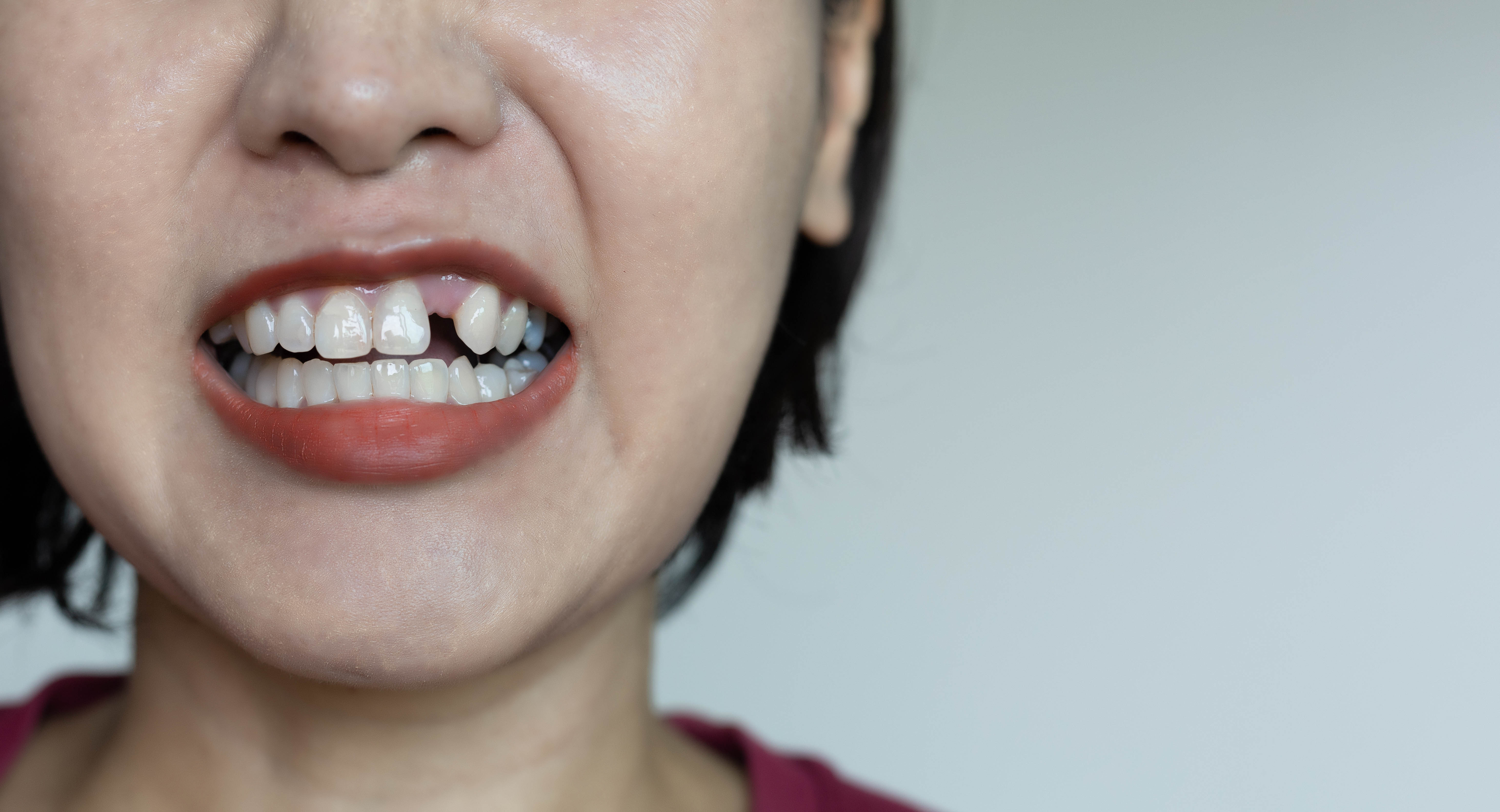
Oral cancer, often related to sun exposure, tobacco, and alcohol use, becomes a greater concern with age. Your dentist is your first line of defense. Regular check-ups include oral cancer screenings where your dentist examines your tongue, cheeks, floor of the mouth, and throat for any unusual lumps, red or white patches, or persistent sores. Early detection is paramount for successful treatment. This proactive screening, often part of your routine exam, is vital for preserving not just your teeth, but your life.
11. Understanding Medications and Oral Side Effects

As we age, many individuals take multiple medications for various health conditions. A critical but often overlooked hack is understanding how these medications impact oral health. Many common drugs (for blood pressure, allergies, depression) can cause dry mouth (xerostomia), which significantly increases the risk of tooth decay and gum disease by reducing saliva's protective function. Discuss all medications with your dentist. They can suggest strategies to manage side effects, such as special rinses or saliva substitutes, to protect your teeth.
Your Confident Smile, Age-Proofed
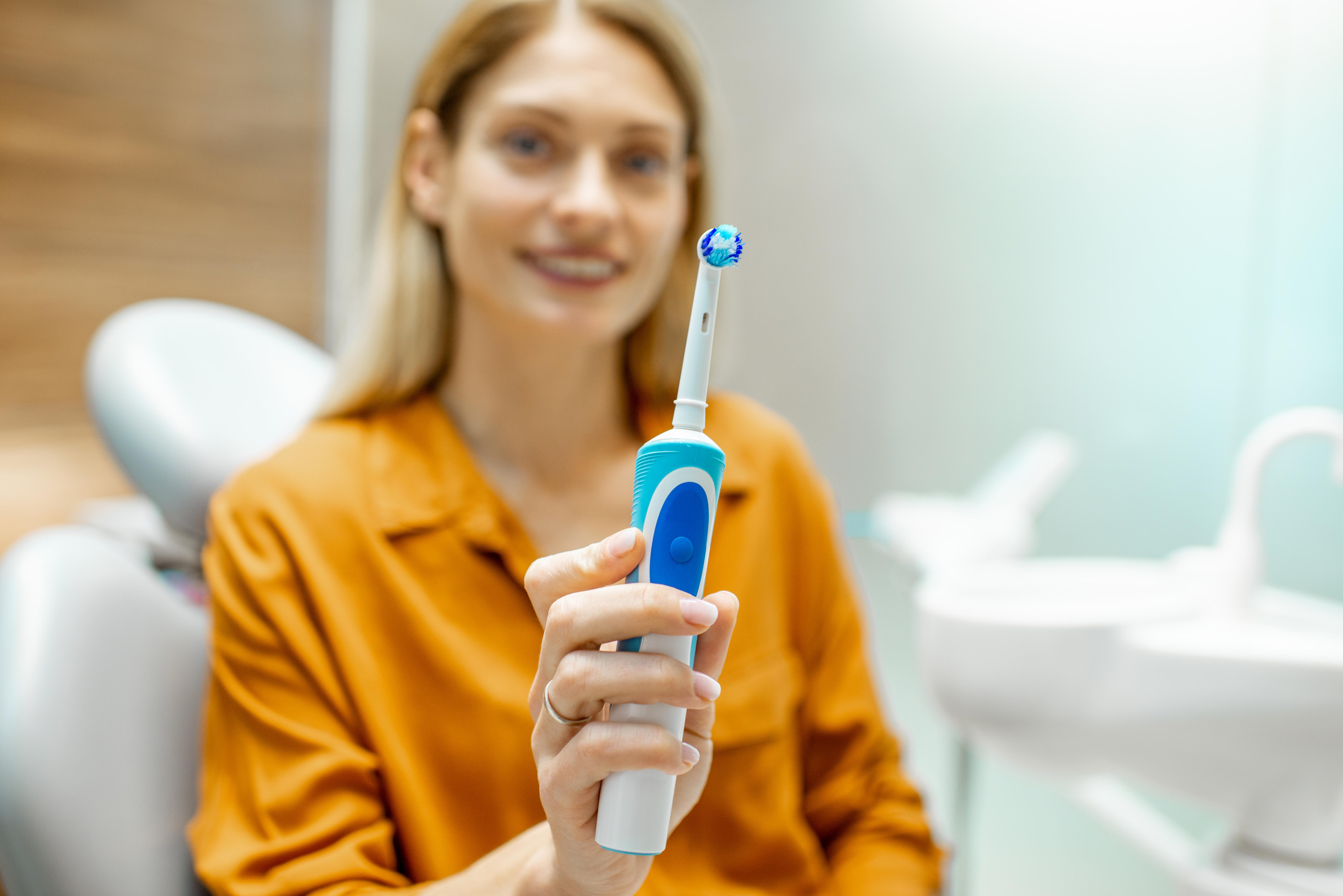
Maintaining a vibrant, confident smile throughout your golden years is not left to chance; it's a testament to intentional care. As we've unveiled 11 ingenious, dentist-approved hacks, it's clear that safeguarding your teeth involves a comprehensive, proactive strategy far beyond simple brushing. From diligently integrating interdental cleaning and strategic nutrition to embracing night guards for bruxism and understanding medication side effects, each habit forms a vital layer of protection. By prioritizing regular professional check-ups and understanding the profound oral-systemic connection, you empower yourself to prevent tooth loss, preserve your radiant smile, and truly age gracefully with unwavering oral health confidence.